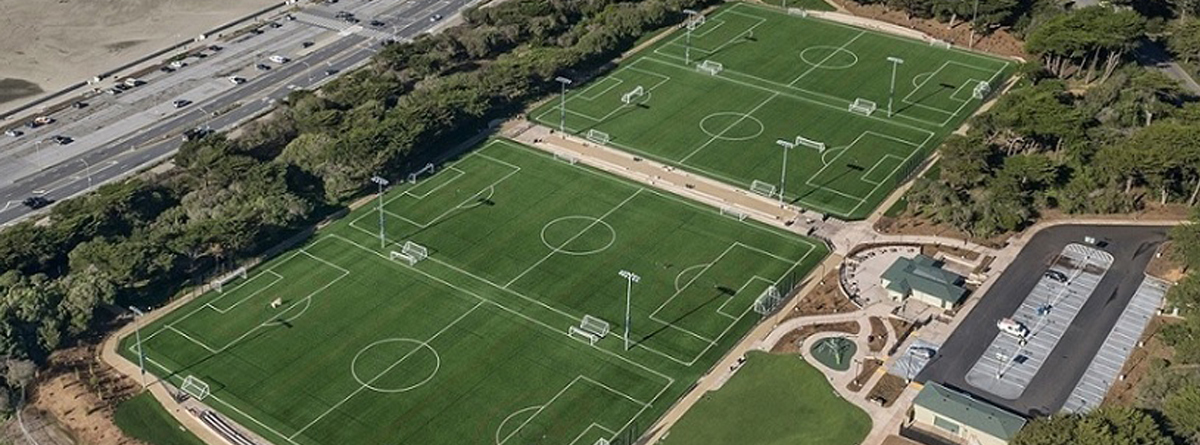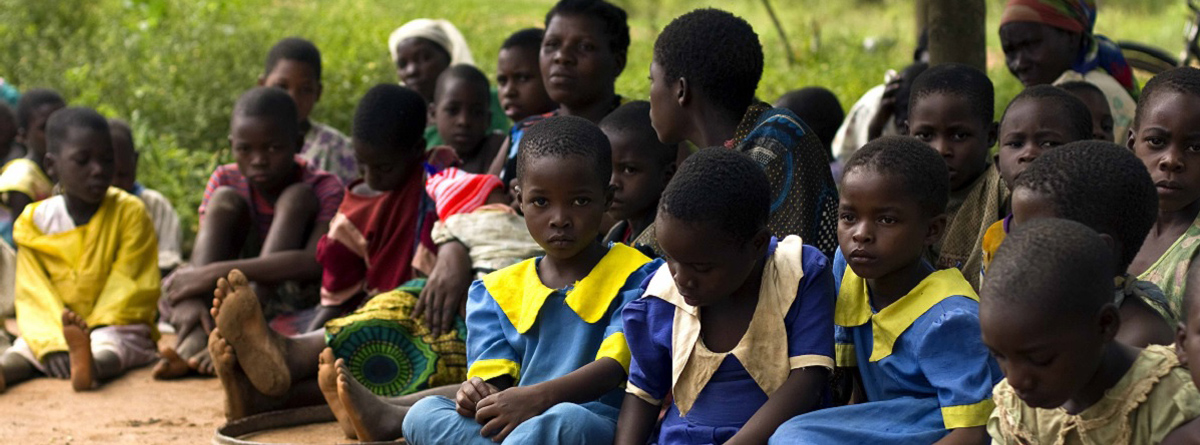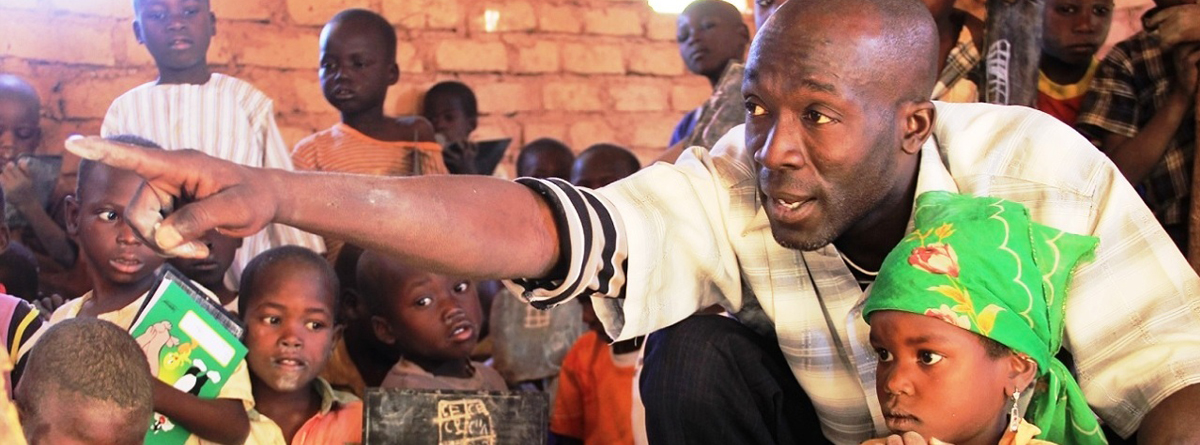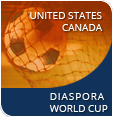
The Diaspora
World Cup
World Cup
|
|
Cameroon
Miami – West P. Beach
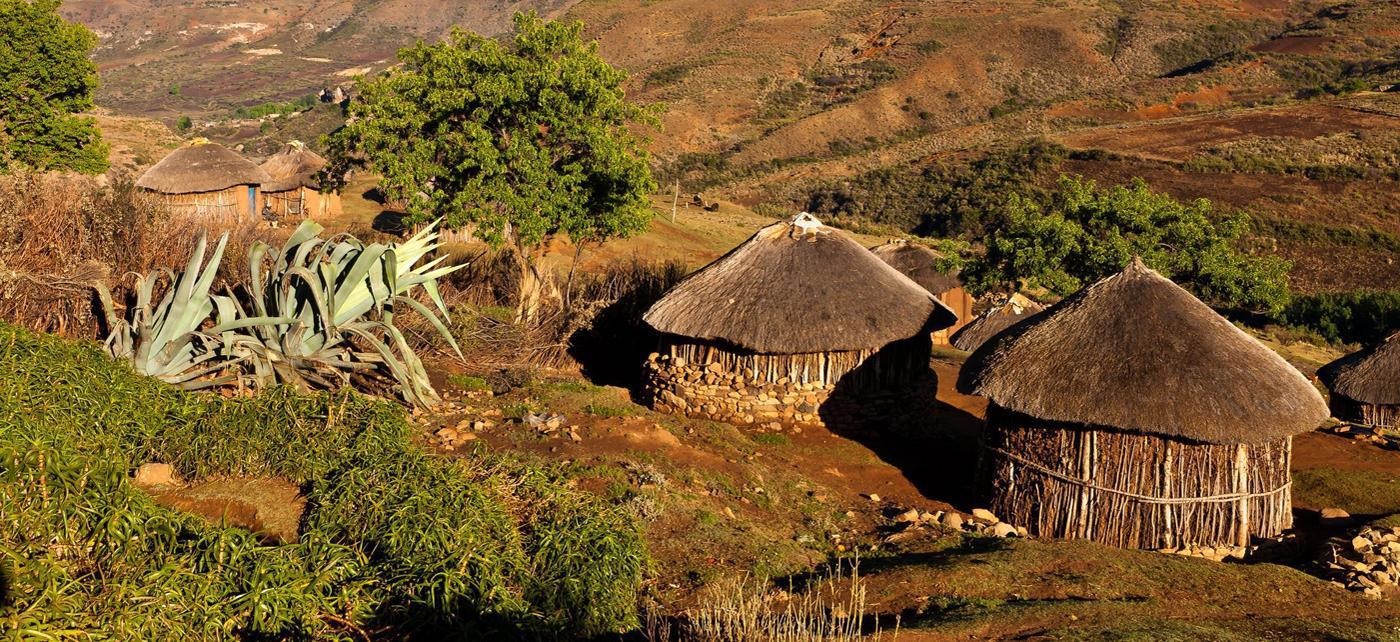
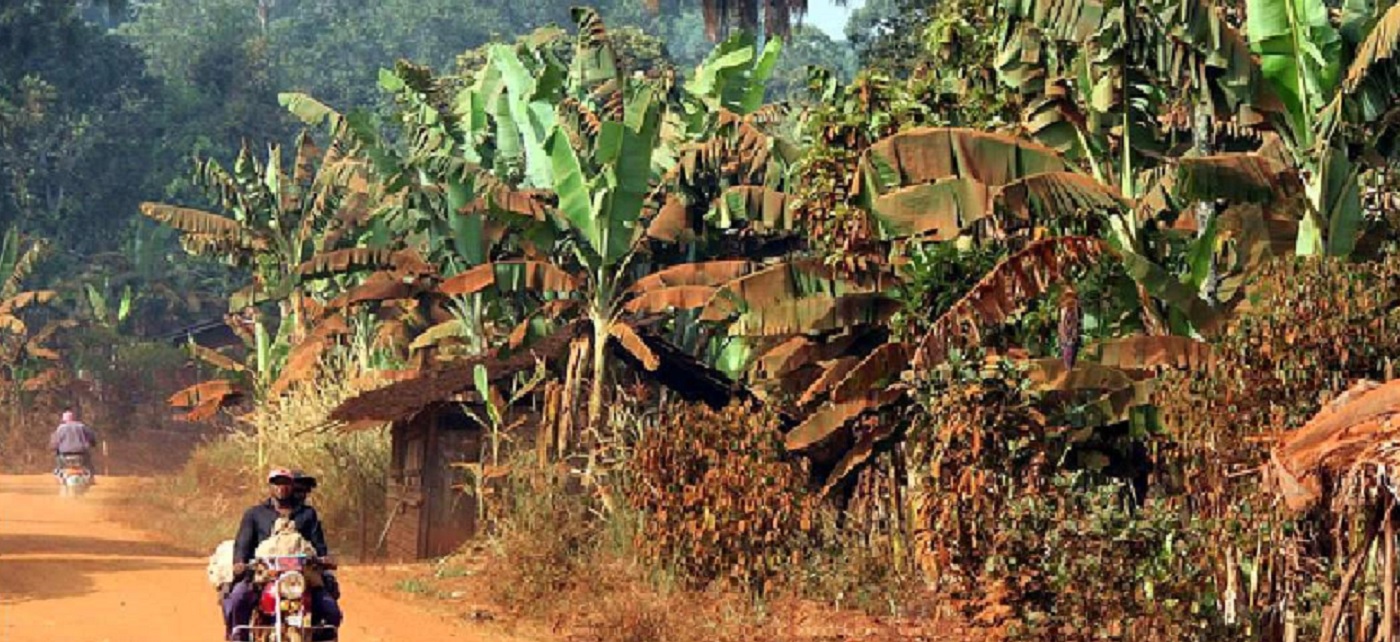
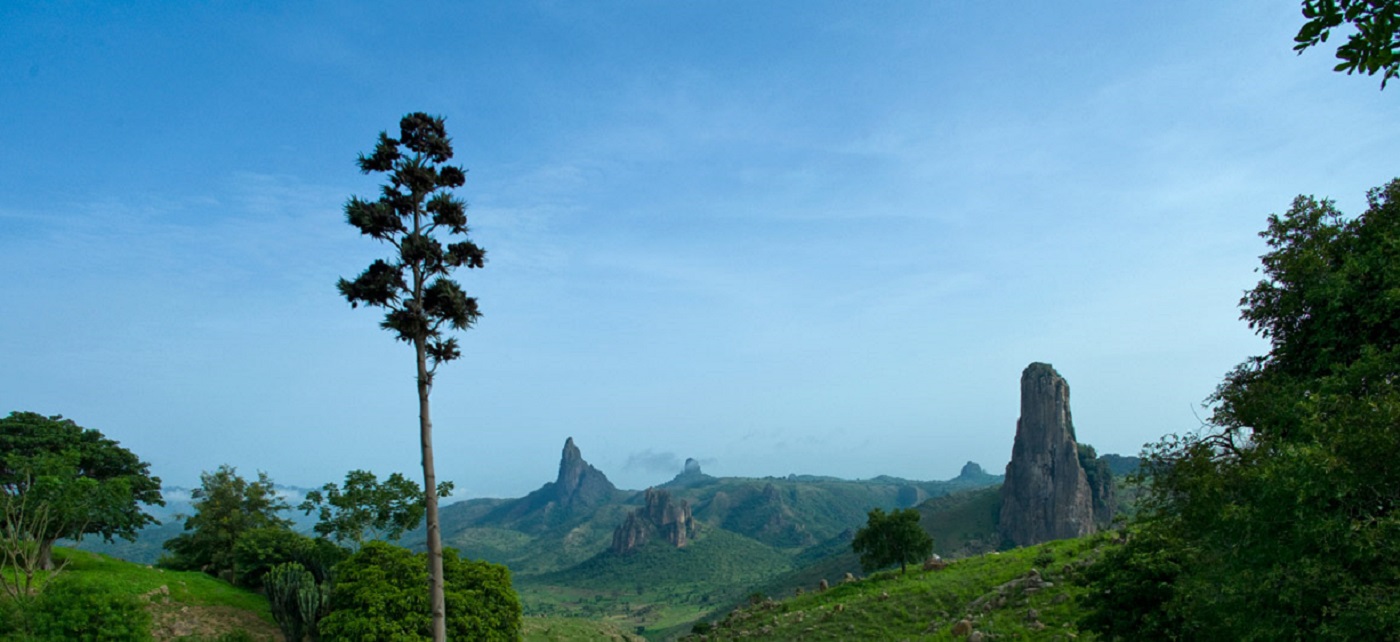
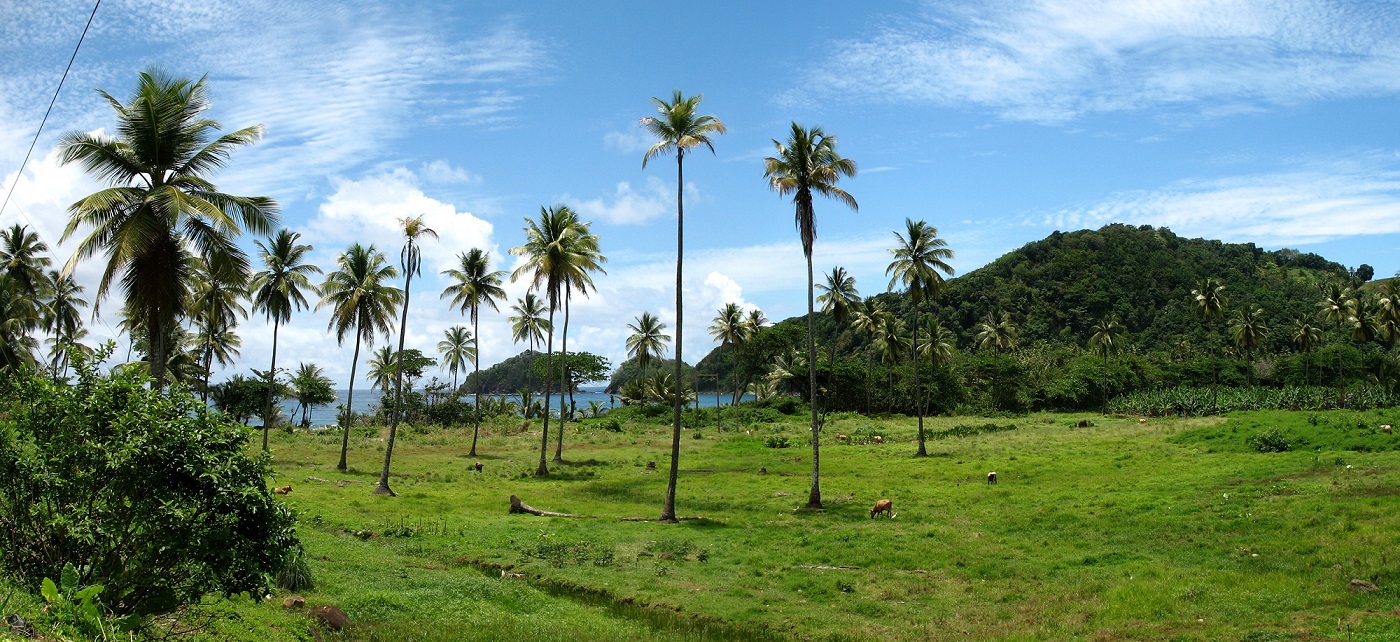
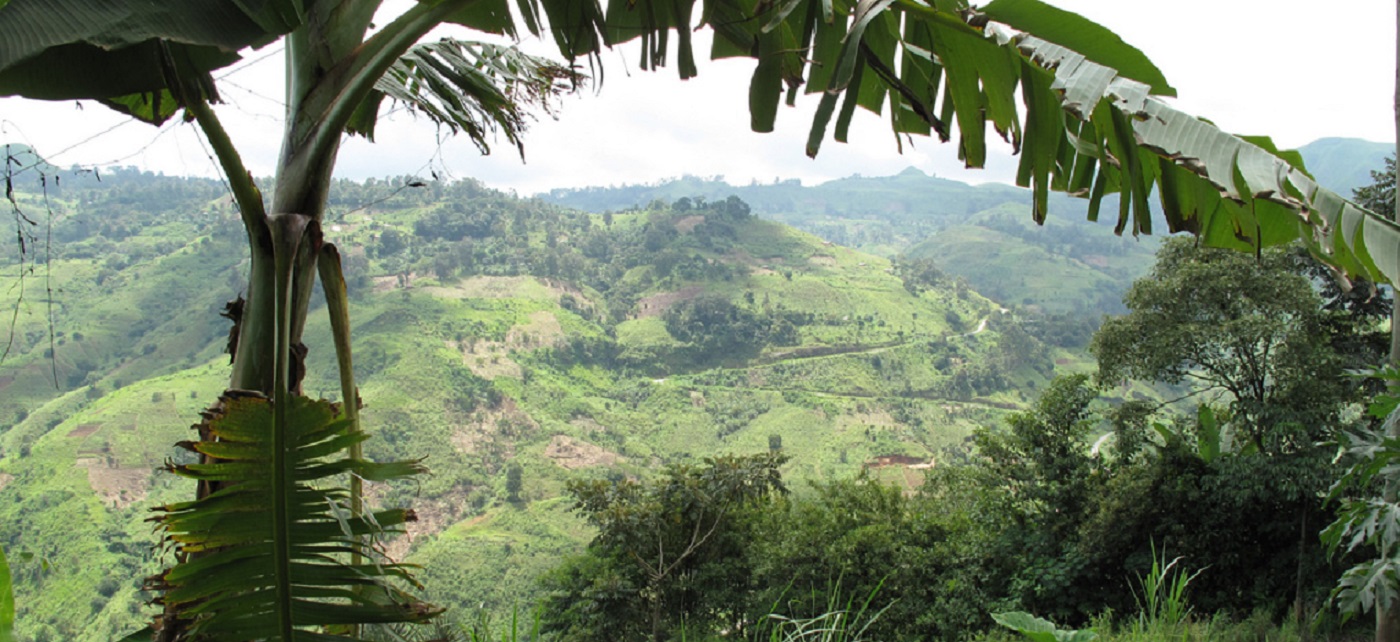
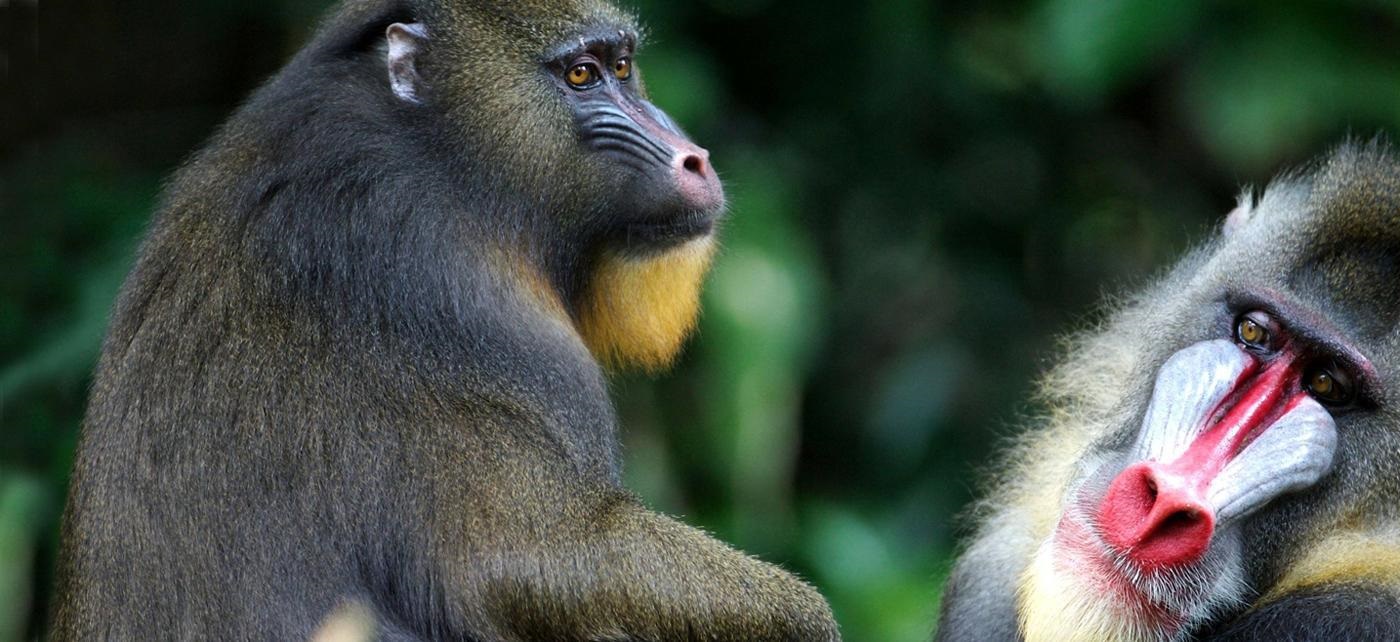
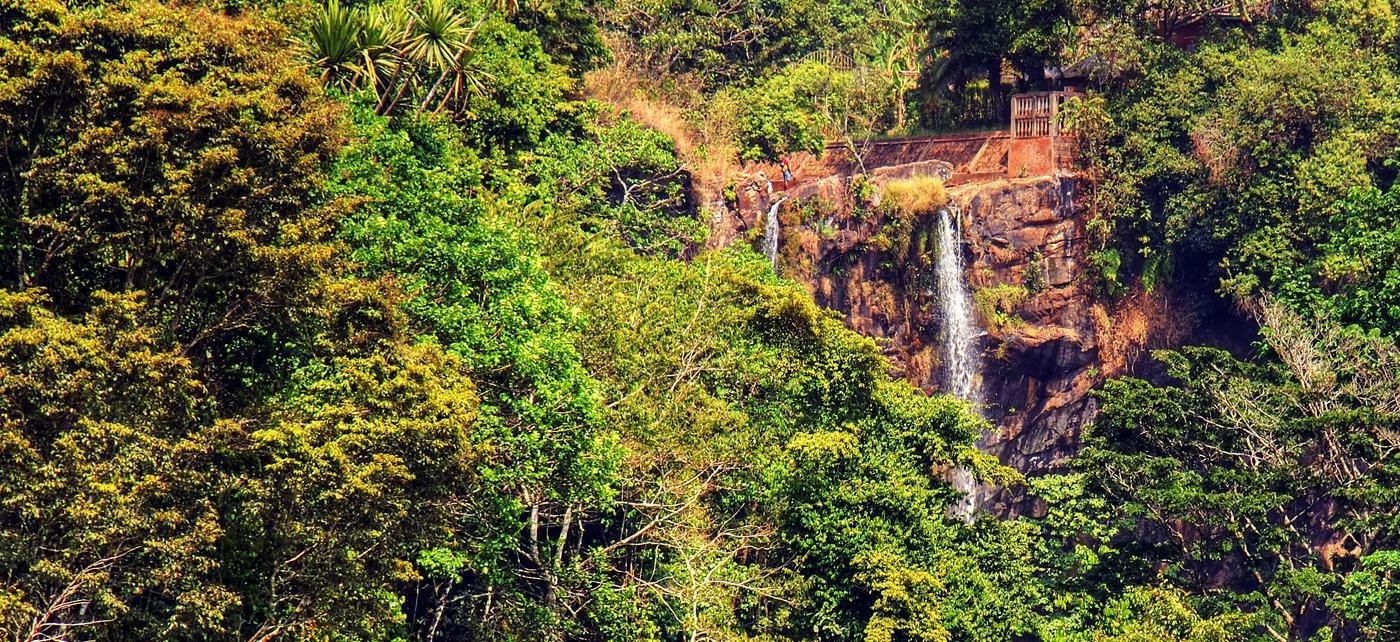
Perfil
The Republic of Cameroon is a country of central Africa. It is bordered by Nigeria to the west; Chad to the northeast; the Central African Republic to the east; and Equatorial Guinea, Gabon, and the Republic of the Congo to the south. Cameroon's coastline lies on the Bight of Bonny, part of the Gulf of Guinea and the Atlantic Ocean. The country is called "Africa in miniature" for its geological and cultural diversity. Natural features include beaches, deserts, mountains, rainforests, and savannas. At 475,442 square kilometers, Cameroon is the world's 53rd-largest country. It is comparable in size to Papua New Guinea and somewhat larger than the U.S. state of California.
Early inhabitants of the territory included the Sao civilization around Lake Chad and the Baka hunter-gatherers in the southeastern rainforest. Portuguese explorers reached the coast in the 15th century and named the area Rio dos Camarões ("River of Shrimp"), the name from which Cameroon derives. Fulani soldiers founded the Adamawa Emirate in the north in the 19th century, and various ethnic groups of the west and northwest established powerful chiefdoms and fondoms. Cameroon is home to 230 languages. These include 55 Afro-Asiatic languages, two Nilo-Saharan languages, and 173 Niger-Congo languages. English and French are official languages, a heritage of Cameroon's colonial past as both a colony of the United Kingdom and France from 1916 to 1960. The nation strives toward bilingualism, but in reality, very few Cameroonians speak both French and English, and many speak neither. The government has established several bilingual schools in an effort to teach both languages more evenly. Cameroon is a member of both the Commonwealth of Nations and La Francophonie.
The best-known Music of Cameroon is makossa, a popular style that has gained fans across Africa, and its related dance craze bikutsi. The pirogue sailors of Douala are known for a kind of singing called ngoso, which has evolved into a kind of modern music accompanied by zanza, balafon and various percussion instruments. The Cameroonian cuisine is one of the most varied in Africa due to its location on the crossroads between the North, West, and Centre of the continent; added to this is the profound influence of French food, a legacy of the colonial era. The national dish of Cameroon is ndolé, a stew consisting of bitter leaves, nuts and fish or goat meat. Staple foods in Cameroon include cassava, yam, rice, plantain, potato, maize, beans, and millet.
Last Update: December 2010
Early inhabitants of the territory included the Sao civilization around Lake Chad and the Baka hunter-gatherers in the southeastern rainforest. Portuguese explorers reached the coast in the 15th century and named the area Rio dos Camarões ("River of Shrimp"), the name from which Cameroon derives. Fulani soldiers founded the Adamawa Emirate in the north in the 19th century, and various ethnic groups of the west and northwest established powerful chiefdoms and fondoms. Cameroon is home to 230 languages. These include 55 Afro-Asiatic languages, two Nilo-Saharan languages, and 173 Niger-Congo languages. English and French are official languages, a heritage of Cameroon's colonial past as both a colony of the United Kingdom and France from 1916 to 1960. The nation strives toward bilingualism, but in reality, very few Cameroonians speak both French and English, and many speak neither. The government has established several bilingual schools in an effort to teach both languages more evenly. Cameroon is a member of both the Commonwealth of Nations and La Francophonie.
The best-known Music of Cameroon is makossa, a popular style that has gained fans across Africa, and its related dance craze bikutsi. The pirogue sailors of Douala are known for a kind of singing called ngoso, which has evolved into a kind of modern music accompanied by zanza, balafon and various percussion instruments. The Cameroonian cuisine is one of the most varied in Africa due to its location on the crossroads between the North, West, and Centre of the continent; added to this is the profound influence of French food, a legacy of the colonial era. The national dish of Cameroon is ndolé, a stew consisting of bitter leaves, nuts and fish or goat meat. Staple foods in Cameroon include cassava, yam, rice, plantain, potato, maize, beans, and millet.
Last Update: December 2010
País Ubicación


